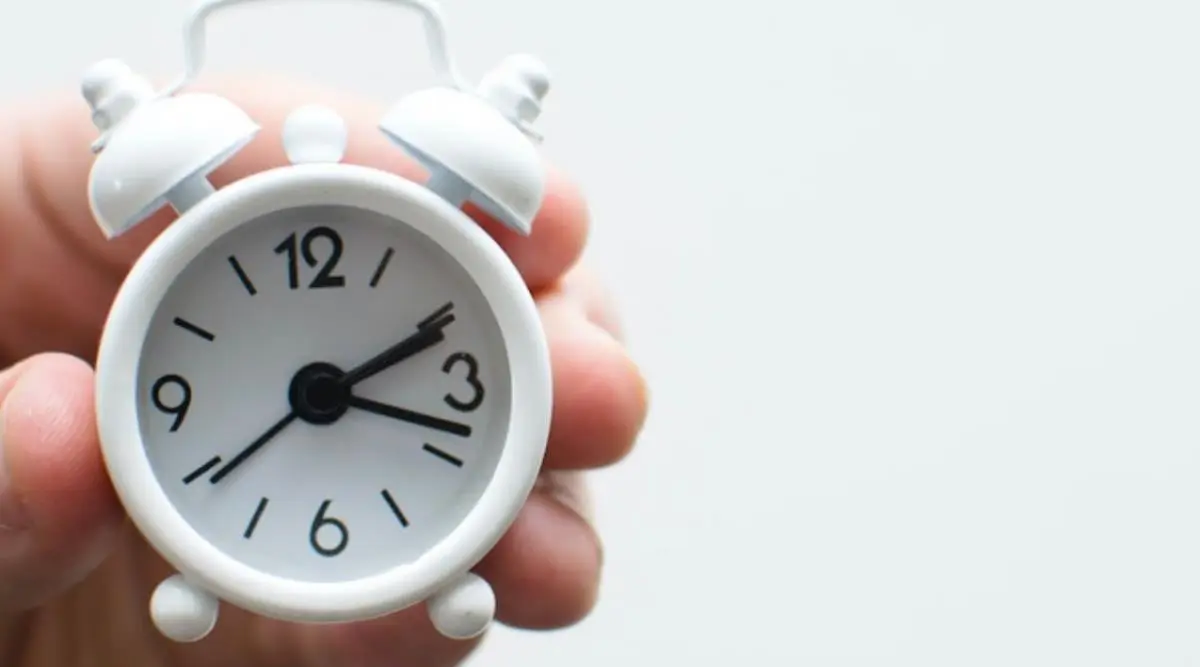Clock changes have been implemented for over 100 years in order to save energy. Daylight saving time was already introduced during the First World War, a system that adapted the clock to sunlight in order to reduce coal consumption.
A few days ago, the autumn time change took place, which gives us an extra hour of daylight in the morning, but on the other hand, takes it away in the afternoon. But have you ever wondered what effect this phenomenon has on our body, our mind and, ultimately, on our vital rhythm? We explain it to you below!
Many people claim that time changes cause them sleep problems and mental and physical fatigue. Although it may seem incredible, these people have a scientific reason for complaining. Time changes cause an alteration in the secretion of melatonin in our body. This hormone is responsible for regulating sleep and adapts to the rhythms of sunlight, so its function can be distorted by a sudden change in time.
Deregulation of melatonin production causes tiredness, fatigue and even fear, affecting people’s irritability. Basically, when we move our clocks forward or back, what we are doing is desynchronizing our internal rhythms with those of our environment, an effect that is accentuated in children and the elderly, who are the ones who notice these changes the most.
Although time changes can be annoying, the problems they cause in our body are not significant and usually disappear after a short time. However, it is advisable to follow a good diet and do physical exercise to regulate the rhythms of the body and mind and “get back on schedule.”
Do you notice the time changes? Now you know how they affect your body and you can be well prepared when the spring change arrives.
Don’t be caught by surprise!
